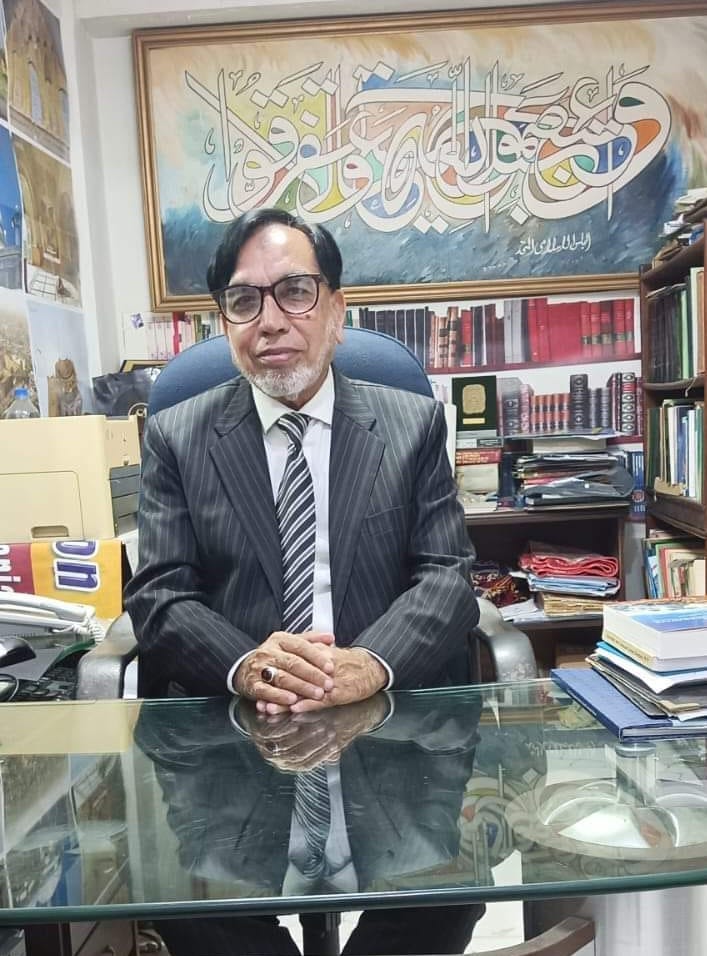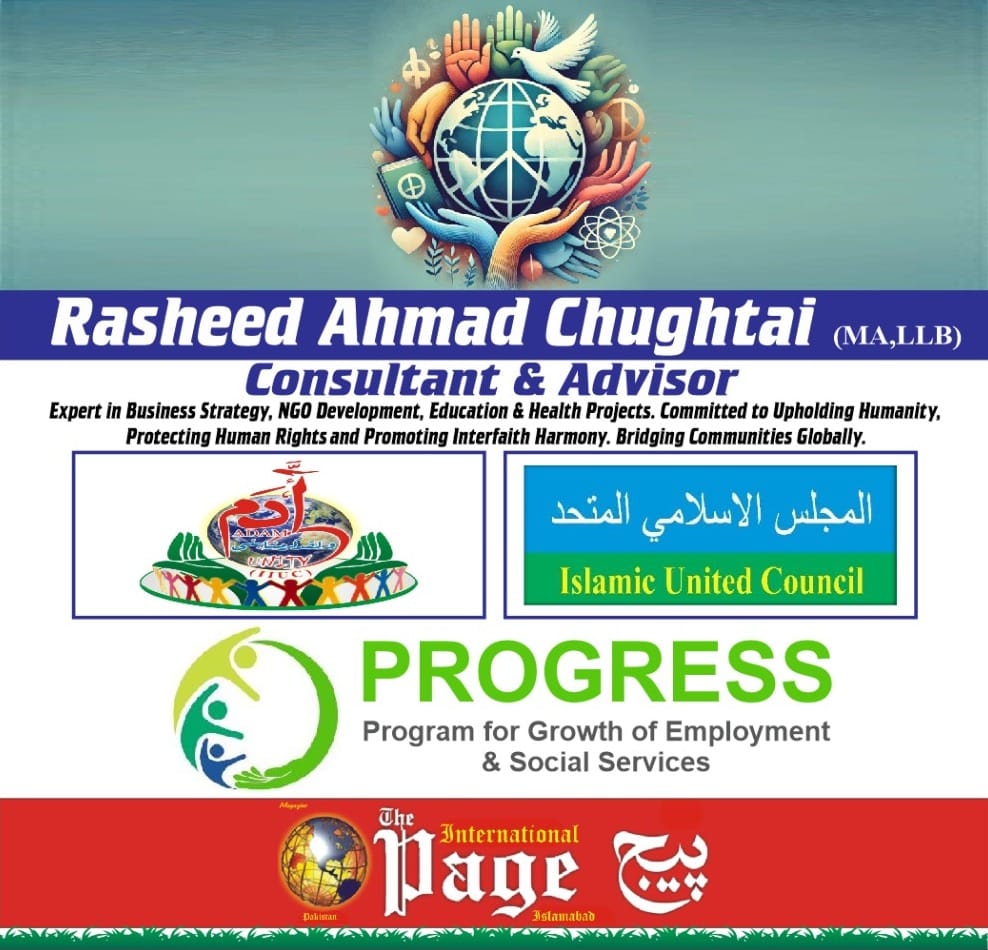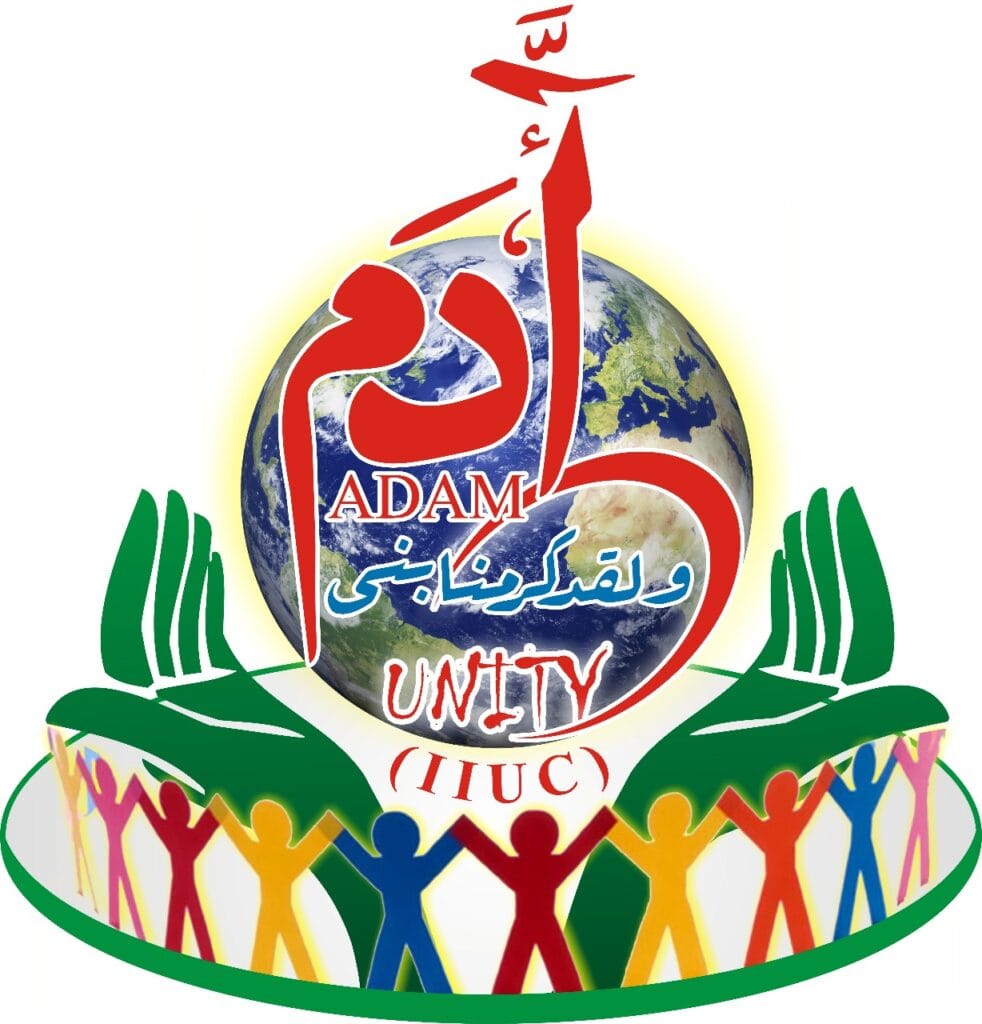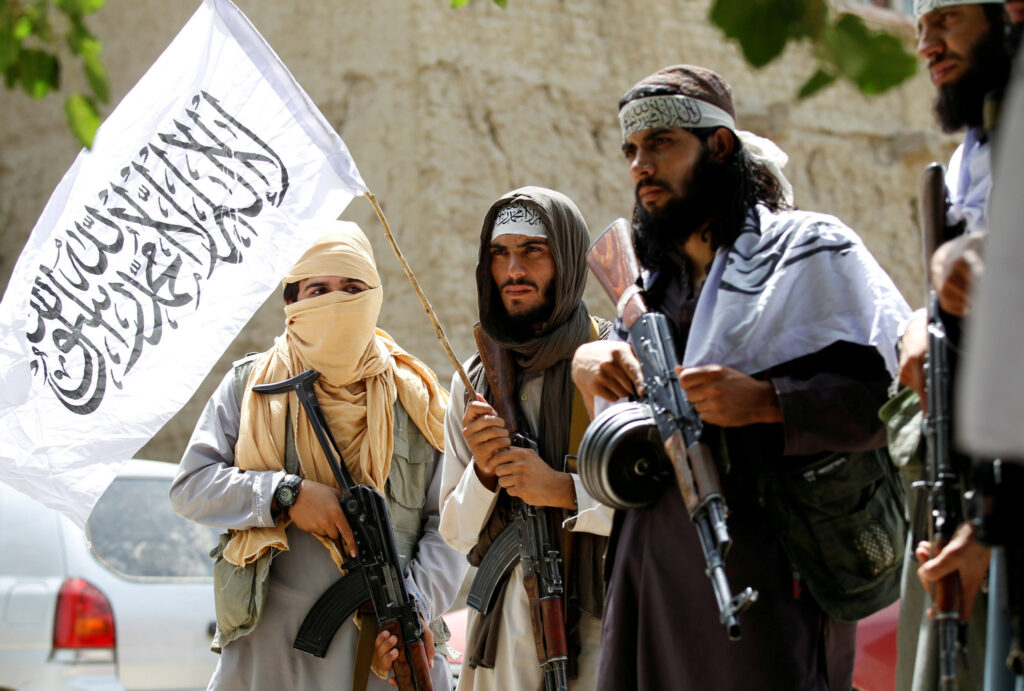
*Comprehensive Report on the Dangers of Engaging with the Taliban:* Regional Implications, Realities, and Recommendations
تقرير شامل حول مخاطر التعامل مع طالبان: التداعيات الإقليمية، الحقائق، والتوصيات*
*گزارش جامع درباره خطرات روابط با طالبان* : *پیامدهای منطقهای، واقعیات و راهکارها*
Rasheed Ahmad Chughtai
www.rachughtai.com
*Introduction*
The contemporary geopolitical landscape of South and Central Asia faces a critical test: the legitimacy and international treatment of the Taliban regime in Afghanistan. Ties with a group that remains alien to legal frameworks, human rights, and international norms can only lead to regional instability, extremism, and humanitarian crises. The Taliban’s misinterpretation of Islam, their autocratic governance style, and their brutal suppression of civil liberties are a threat not just to Afghanistan but to all neighboring nations, particularly Pakistan and the Islamic Republic of Iran.
*Current Plight and Ground Realities*
1. *Governance Without Legitimacy* : Since their takeover in August 2021, the Taliban have failed to establish a legitimate or inclusive government. Women have been banned from education and employment, minorities persecuted, and no constitution or legal framework has been restored. The regime remains unrecognized globally.
2. *Terrorist Safe Haven:* Afghanistan has once again become a breeding ground for terrorist networks:
TTP (Tehrik-i-Taliban Pakistan) operates from Afghan soil, launching attacks on Pakistani security forces and civilians.
ISIS-K, a sworn enemy of both the Taliban and regional governments, has strengthened its operational capacity.
Al-Qaeda and Central Asian militant groups have regained sanctuaries in eastern and southern Afghanistan.
3. *Use of American Military Equipment* : A vast cache of U.S.-supplied military hardware left behind after the 2021 withdrawal has been appropriated by the Taliban. Reports confirm these weapons are being sold in black markets or provided to extremist allies across borders.
4. *Economic Collapse and Humanitarian Crisis:* Over 90% of Afghans live below the poverty line. Malnutrition among children is widespread. Yet, the Taliban uses humanitarian aid as a tool of control rather than relief.
5. *Ideological Corruption of Islam:* The Taliban’s version of Sharia has no roots in traditional Islamic jurisprudence. It is a politicized, weaponized form of control that undermines the compassionate, wise, and human-centered principles of Islam — bringing shame to a religion of peace.
6. *Cultural and Historical Destruction* : The Taliban is hostile to Afghanistan’s Persianate and diverse heritage. Dari (Persian) is being sidelined, historical ties with Iran and other Persian-speaking communities are being dismantled.
*Geopolitical Implications*
*Iran-Pakistan Border Security* : The Taliban’s harboring of anti-Iranian and anti-Pakistani militants has already triggered tensions, particularly in Balochistan and the Sistan-Baluchestan provinces. Iran has increased military presence along the border and raised concerns in international forums.
Afghanistan as “Second Israel”: The comparison draws from the idea that a foreign-sponsored militarized entity has taken root to destabilize Muslim neighbors and enforce long-term Western interests. Whether or not literal, the Taliban’s alignment with American withdrawal terms and subsequent destabilization of surrounding Islamic nations bears scrutiny.
*Destabilizing Iranian Influence:* Afghanistan shares deep linguistic, religious, and cultural ties with Iran. However, the Taliban’s Salafist-Wahhabi ideology is inherently anti-Shia and anti-Iranian, fueling sectarianism and potentially proxy conflict.
*Recommendations and Practical Steps*
1. *Regional Policy Shift:*
No Recognition Without Reform: Iran, Pakistan, and other regional players must adopt a unified policy of conditional engagement. Recognition and aid must be linked to measurable reforms: women’s rights, anti-terror assurances, and inclusion of minorities.
2. *Security Cooperation* :
Strengthen Regional Counter-Terrorism Intelligence Sharing: Create a joint security task force between Pakistan, Iran, China, Russia, and Central Asian States to monitor extremist activities.
Seal and Monitor Borders: Enhanced surveillance, fencing, and patrolling must be increased on the Durand Line and Iran-Afghan borders to prevent infiltration.
3. *Economic and Humanitarian Isolation of Taliban Leadership:*
Targeted Sanctions: Impose personal sanctions on Taliban leaders responsible for terrorism and human rights violations.
Parallel Humanitarian Channels: Bypass the Taliban regime by supporting local NGOs and UN-based distribution systems.
4.*Cultural and Religious Counter-Narrative* :
Engage Religious Scholars (Ulema): Launch international Islamic conferences with Sunni and Shia scholars jointly declaring the Taliban’s ideology as un-Islamic and harmful.
Support Moderate Afghan Religious Institutions: Help rebuild institutions that promote genuine Islamic scholarship based on tolerance and unity.
5. *Media and Civil Society Awareness:*
Launch campaigns in Pakistan and Iran to educate the public on the dangers of Taliban ideology.
Empower Afghan refugees and diaspora communities to speak out against Taliban atrocities.
*Conclusion*
To tie diplomatic or economic relations with a regime like the Taliban — unfamiliar with law, devoid of compassion, and hostile to cultural and religious diversity — is not just short-sighted but dangerous. Their ideology is a perversion of Islam, their rule is tyranny, and their ambitions destabilize not just Afghanistan but the entire region.
It is imperative that Pakistan, Iran, and the wider Muslim world work together to contain this threat before Afghanistan becomes a permanently destabilizing black hole — a “Second Israel” — in the heart of Asia.
Quranic Reflection
> وَلَا تَرْكَنُوا إِلَى الَّذِينَ ظَلَمُوا فَتَمَسَّكُمُ النَّارُ
“And do not incline toward those who do wrong, lest you be touched by the Fire.”
(Surah Hud, 11:113)
Let this be a guiding verse for all Muslim leaders considering ties with oppressors.
Rasheed Ahmad Chughtai
www.rachughtai.com
*تقرير شامل حول مخاطر التعامل مع طالبان: التداعيات الإقليمية، الحقائق، والتوصيات*
*رشید احمد چغتائی*
www.rachughtai.com
المقدمة
تواجه الجغرافيا السياسية لجنوب ووسط آسيا اليوم اختبارًا حاسمًا: مسألة شرعية نظام طالبان ومعاملته دوليًا. إن العلاقات مع جماعة لا تؤمن بالقانون، وتنتهك حقوق الإنسان، ولا تلتزم بأي من الأعراف الدولية، ستؤدي إلى زعزعة استقرار المنطقة، وتعزيز الإرهاب، وتفاقم الأزمات الإنسانية. ففهم طالبان المغلوط للإسلام، وغياب الحكمة في أسلوب حكمهم، وقمعهم الوحشي للحريات، يشكل تهديدًا ليس فقط لأفغانستان، بل أيضًا لجيرانها، خاصة إيران وباكستان.
الواقع الحالي والوضع القائم
1. *حكم بلا شرعية:* فشلت طالبان منذ استيلائها على السلطة في أغسطس 2021 في تشكيل حكومة شرعية وشاملة. تم حرمان النساء من التعليم والعمل، واضطهاد الأقليات، وغياب أي دستور أو إطار قانوني حقيقي.
2. *تحويل أفغانستان إلى ملاذ آمن للإرهاب:*
*تعمل جماعة تحريك طالبان باكستان (TTP) من داخل أفغانستان وتشن هجمات ضد باكستان.*
تنظمت داعش – خراسان بشكل أقوى.
عاد تنظيم القاعدة ومجموعات متطرفة من آسيا الوسطى للعمل بحرية.
3. *استغلال أسلحة أمريكية* : تستعمل طالبان معدات عسكرية متطورة تركها الأمريكيون، وتقوم ببيعها أو تقديمها لجماعات متطرفة أخرى.
4. *أزمة إنسانية حادة:* أكثر من 90٪ من السكان تحت خط الفقر، والمجاعة تهدد الأطفال، بينما تُستخدم المساعدات كأداة للهيمنة.
5. *تحريف الإسلام* : الشريعة التي تطبقها طالبان لا تمت للإسلام الوسطي المعتدل بصلة، بل هي أداة قمع سياسي متطرف.
6. عداء للثقافة والتاريخ المشترك: تعادي طالبان اللغة والثقافة والتاريخ المشترك لشعوب المنطقة، خاصة مع إيران، وتهمّش اللغة الفارسية (دَري).
التداعيات الجيوسياسية
انعدام الأمن على حدود إيران وباكستان
تحويل أفغانستان إلى “إسرائيل ثانية”: مشروع غربي خفي لتقسيم المنطقة.
إضعاف النفوذ الإيراني ثقافيًا ومذهبيًا من خلال الخطاب السلفي المعادي.
*التوصيات العملية*
1. وضع شروط واضحة لأي اعتراف أو دعم
2. إنشاء قوة استخبارات إقليمية مشتركة لمكافحة الإرهاب
3. فرض عقوبات على قادة طالبان
4. إقامة خطاب ديني موحد من العلماء ضد الفكر الطالباني
5. دعم إعلامي وثقافي للتوعية بخطر طالبان على شعوب المنطقة
الخاتمة
لا يجب التعامل مع طالبان كحكومة شرعية، بل كمجموعة متطرفة تمثل خطرًا على الإسلام والمنطقة بأسرها. يجب على إيران، وباكستان، والدول الإسلامية أن تتعاون لعزل هذا الخطر قبل أن يتحول إلى تهديد دائم في قلب آسيا.
الآية الختامية من القرآن الكريم:
> وَلَا تَرْكَنُوا إِلَى الَّذِينَ ظَلَمُوا فَتَمَسَّكُمُ النَّارُ
“ولا تميلوا إلى الذين ظلموا فتمسّكم النار” – سورة هود، الآية 113
رشيد احمد شغتاي
www.rachughtai.com
*گزارش جامع درباره خطرات روابط با طالبان* : *پیامدهای منطقهای، واقعیات و راهکارها*
*رشید احمد چغتائی*
www.rachughtai.com
مقدمه
وضعیت ژئوپولیتیکی جنوب و مرکز آسیا با چالشی جدی مواجه شده است: مشروعیت و نحوه تعامل بینالمللی با حکومت طالبان. برقراری رابطه با گروهی که نه به قانون پایبند است، نه به حقوق بشر، و نه به اصول انساندوستی، تنها باعث بیثباتی منطقه، تقویت تروریسم، و افزایش بحرانهای انسانی خواهد شد. طالبان با برداشت نادرست از اسلام، حکومتی بیرحم و بدون عقلانیت را به راه انداختهاند که نه تنها افغانستان، بلکه ایران و پاکستان را نیز تهدید میکند.
شرایط کنونی و واقعیتها
1. حکومت بدون مشروعیت: طالبان از زمان تسلط بر کابل در اوت ۲۰۲۱، هیچ دولت فراگیر یا قانونی تشکیل ندادهاند. حقوق زنان کاملاً نقض شده، اقلیتها سرکوب شدهاند، و هیچ چارچوب حقوقی رسمی وجود ندارد.
2. افغانستان، پناهگاه تروریسم:
TTP از خاک افغانستان علیه پاکستان حمله میکند.
گروه داعش-خراسان فعالتر از گذشته شده است.
القاعده و سایر گروههای افراطی در مناطق شرقی افغانستان پایگاه دارند.
3. استفاده از تسلیحات آمریکایی: طالبان از تجهیزات نظامی بهجا مانده از ارتش آمریکا سوءاستفاده میکنند، و بخشی از آنها را به گروههای تروریستی میفروشند.
4. فاجعه انسانی: بیش از ۹۰٪ مردم افغانستان زیر خط فقر زندگی میکنند، و طالبان کمکهای بشردوستانه را به ابزاری برای کنترل سیاسی تبدیل کردهاند.
5. تحریف مفاهیم اسلامی: شریعت طالبان هیچ پیوندی با آموزههای اصیل اسلامی ندارد؛ بلکه تفسیر افراطی و خشن از دین است.
6. دشمنی با فرهنگ مشترک ایران و افغانستان: زبان فارسی (دَری)، تاریخ مشترک، و پیوندهای مذهبی از سوی طالبان هدف حمله قرار گرفتهاند.
پیامدهای ژئوپولیتیکی
ناامنی در مرزهای ایران و پاکستان
پروژهای برای تبدیل افغانستان به اسرائیل دوم با استفاده از منابع غربی
تضعیف فرهنگی و مذهبی ایران با گسترش سلفیگری
راهکارها و توصیههای عملی
1. عدم شناسایی رسمی طالبان مگر با اصلاحات واقعی
2. تشکیل یک نهاد اطلاعاتی ضدتروریسم منطقهای
3. تحریم رهبران طالبان و انسداد منابع مالی آنها
4. همکاری علمای اهل سنت و شیعه برای افشای انحرافات طالبان
5. افزایش آگاهی عمومی از خطرات طالبان برای منطقه
نتیجهگیری
نباید طالبان را به عنوان یک دولت مشروع به رسمیت شناخت، بلکه باید آن را تهدیدی منطقهای و مذهبی دانست. همکاری ایران، پاکستان، و جهان اسلام برای مقابله با این خطر، ضرورتی فوری است.
آیه پایانی از قرآن کریم:
> وَ لا تَرْكَنُوا إِلَى الَّذِینَ ظَلَمُوا فَتَمَسَّكُمُ النَّارُ
“و به سوی ستمگران متمایل نشوید، که آتش دوزخ شما را خواهد گرفت”
(سوره هود، آیه ۱۱۳)
*رشید احمد چغتائی*
www.rachughtai.com




